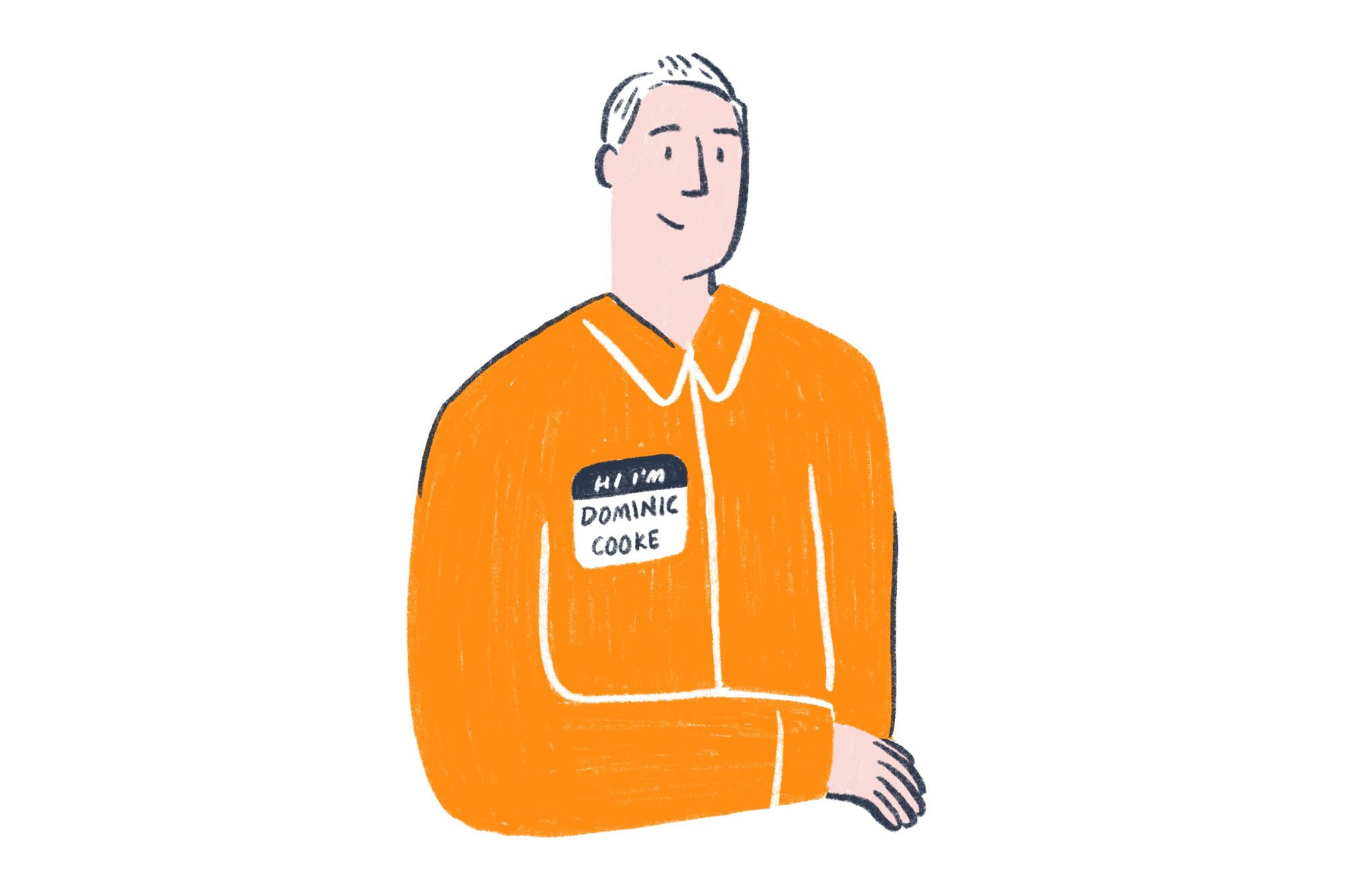Dominic Cooke CBE is a Olivier award-winning and BAFTA-nominated theatre, film and television director. From 2007 to 2013, he served as artistic director of the Royal Court Theatre staging hits such as Enron, Jerusalem and Clybourne Park. He also led the Royal Court’s Young Writers’ Programme and particularly focussed on BAME talent such as Bola Agbaje, whose play Gone Too Far won an Olivier Award in 2008. In 2010, Cooke also staged a series of productions in a shopping centre in Elephant & Castle in order to bring in a new audience to the Chelsea theatre.
“You don’t need to be well educated to write a play” The vast majority of unsolicited scripts we got at the Royal Court in the 1990s were from university-educated white men. We set up a programme at the young writer’s programme to stimulate and encourage people from diverse backgrounds to write plays. Brilliant writers come from any level of education – the problem is the obstacles preventing certain people from certain backgrounds considering themselves worthy.
“Good drama is about discovering other people’s experiences” If everything we see is simply from people who are from quite privileged, comfortable families, we miss out on a whole side of experience that we could access by going out there and bringing in different people. To make our work better, to make our reach wider, we need to represent experience and cultural backgrounds that are less well represented. We’re all curious beings – we’re all interested in each other and other people’s backgrounds. Everyone is interested in overhearing conversations.
“A lot of people from BAME backgrounds weren’t taken to the theatre as kids and didn’t consider it part of their lives” We had to ask ourselves the question, how can we reach them? We made contact through community groups, youth centres and schools. We stuck things up on walls and spoke to teachers. It is crucial that all the creative industries change, open up, be really active and then spend a ton of money thinking about it.
“A lot of people have pressure on them to have ‘proper’ careers, not stupid stuff like theatre” I was born in North London and went to a comprehensive in Victoria. In those days schools were run by the Inner London Education Authority and they gave lots of free tickets to theatre shows. Education today is all about metrics and exams whereas in those days it was much more organic – all it took was one teacher who was into it to take you. It didn’t cost anything. That’s how I developed a taste for it.
“My parents didn’t stand in my way” For a lot of kids, that is not a reality. There are so many pressures from parents wanting the perfect outcome for their children and a creative career is a big risk. For many people, they don’t even know these careers exist. How can you conceive of a career in something if no one around you has done that? This is the most important question to unlock.
“To engage a different community, you have to step into it” It’s no good doing traditional things. You need to go out and find confidence within the community you want to bring in and then begin dialogue. That is why we put on a play in Elephant & Castle shopping centre: our geographical position in Sloane Square was an obstacle to reaching diverse voices. At Elephant & Castle, we had many, many people coming to see plays who had never ever seen one and wouldn’t dream of doing so. They would simply walk by and tickets were a fiver. We’d pull them in. The barrier was broken down. It was about us going out – not expecting people to come to us.
“Building strong diverse teams is also equally important” Film sets are very, very, very male and tend to be on the whole heterosexual. People at the top have to make a conscious decision to employ a diverse workforce as it changes the atmosphere on set. Being aware of things like this is really important to the end result.
“There are a lot more women on crews than there used to be” On my last film, we had a fifty per cent female crew. It makes it easier for the women and all the actors to work on. Having a workforce that reflects the world out there means your work is going to speak to many more people. This includes everything down to the accounts department too – it has to be the whole holistic approach.
